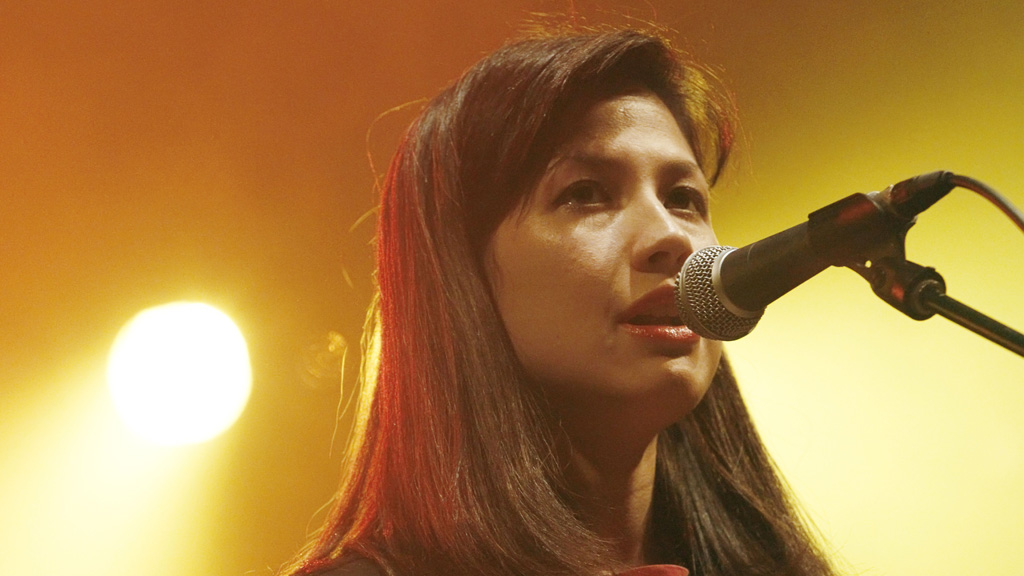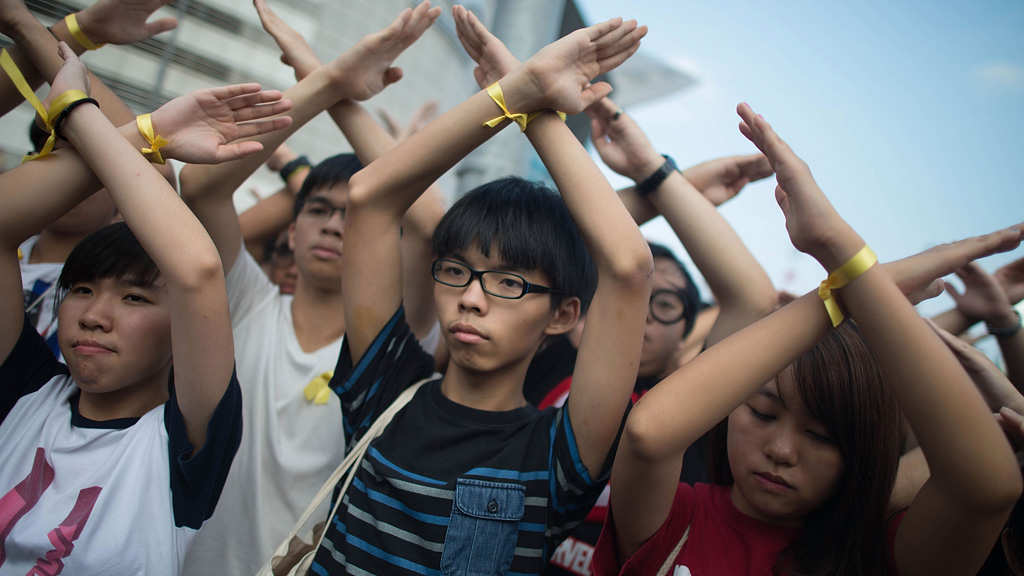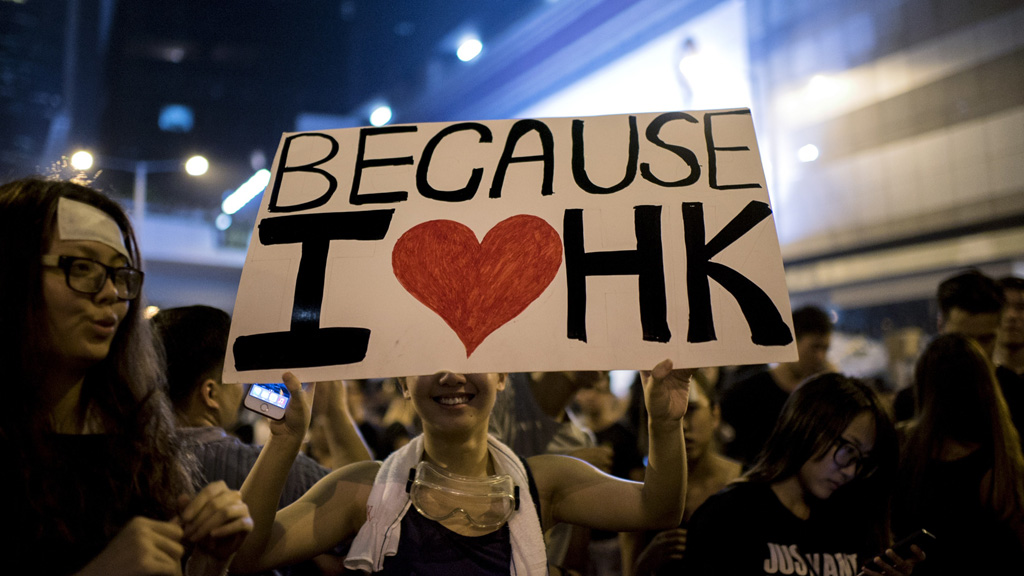Emmy the Great on a Hong Kong ‘dreamed by its people’
My family left Hong Kong in 1995, but my parents and sister went back to live there eventually, so I visit every year, writes musician and writer Emma-Lee Moss, known by her stage name Emmy the Great.

As I write this, I am messaging with various cousins and friends who, like me, were born there, though they may, like me, now live abroad. That’s the kind of place Hong Kong is – everyone is usually on their way out or in, and most conversations with locals reflect this transience and freedom to move.
Over the years, I’ve gotten used to the idea that the place I once knew as home is a constantly shifting culture, one that favours financial markets and the luxury goods industry.
So I was proud this week to see something I rarely see – a vision of Hong Kong’s future, dreamed up by its people. A belief that actions can lead to something permanent.
Hong Kong handover
I remember my parents in 1997, before the British handed Hong Kong back to China, joking that no one cared what happened politically as long as they could keep making money. At times this has seemed painfully true. The unknowns that people feared before the handover have been replaced by more and more growth, as shops and hotels bloom in the wealth of the new Chinese clientele.
I’ve always known of a further layer to Hong Kong, where the tensions of the last 17 years grow and occasionally burst to the surface. Emma-Lee
At the mall near my parents’ house, there is now a mezzanine just for high-end jewellery stores, and what was Starbucks has become Louis Vuitton. You can travel across the centre of Hong Kong via walkways through bank buildings and shopping centres, and for some years I’ve been sure that there are people – those with drivers – whose feet never have to touch the actual ground.

But I’ve always known of a further layer to this city, where the tensions of the last 17 years grow and occasionally burst to the surface. For under the abundance of the new era is the threat of further restrictions, and under the breezy consumerism of the people is the will of a generation who know they have a right to choose.
In 2012, when Beijing’s plans of a ‘national education’ programme stirred fears of political indoctrination, 40,000 Hong Kong people rallied together and had them repealed.
‘Free elections’
This week, more have gathered to demand the free elections they were promised in 2017. Though it’s storming, and though the police have employed inexcusable methods against them, the protestors have stayed true to their message.
In the words of one friend, who asked not to be named, “We come in peace, to fight for a better Hong Kong.” He added that his peers are being careful not to show each other’s faces in social media photos, because no one knows what the consequences of taking part will be.
The pace of democracy is painfully slow. One step forward, ten steps retreat. A professor in Hong Kong
For those who haven’t been there, it’s important to remember that Hong Kong’s a tiny place. You can walk across Hong Kong island in about three hours, and the Central district in about twenty minutes. So even if you don’t want to be, most people living on the main island will be affected by the protests.
My parents live nearby, and they avoided the area until today, when my mum ventured in to ask a security guard what he thought the outcome would be.

My cousin told me that some parents have stopped sending their kids to school, though he hypothesised that it’s just because they’re too lazy to get stuck in traffic. The overwhelming opinion is in favour of the protestors, though some are worried about the protests affecting business, especially those whose work is in the demonstration area.
Despite the support, few dare to dream of success. A professor friend told me: “The pace of democracy is painfully slow. One step forward, ten steps retreat.”
Tiananmen Square
China’s position is also unenviable. If President Xi is seen to allow protests in Hong Kong, it may spark student protests in other reaches of the country, or even Tibet or Mongolia. If it is seen to be reneging on one country, two systems, this will affect its only chance to unite with Taiwan.
I was five years old when the Tiananmen Square massacre happened, but I remember its impact, and people wearing black ribbons in honour of the students who died. I think, as the closest place to China to have seen uncensored news footage, Hong Kong has a special responsibility to ensure nothing like that will happen again.
For this reason I was extra shocked by reports of tear gas being used by police against the unarmed demonstrators; it was another sign that we need to be constantly reminded of each other’s humanity, and for this I thank the peaceful members of the Umbrella Revolution.
In a city of plentiful luxuries, they have shown that Hong Kong people know the difference between a luxury and a right.
Emma-Lee, known by her stage name Emmy the Great, is a musician and culture writer. Follow Emmy the Great on Twitter